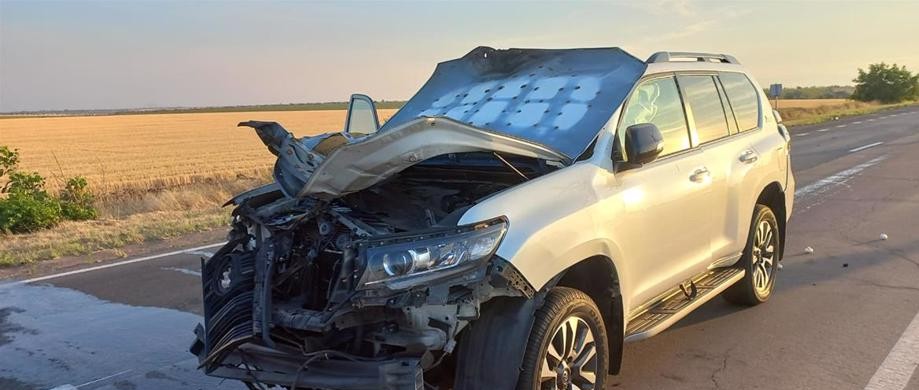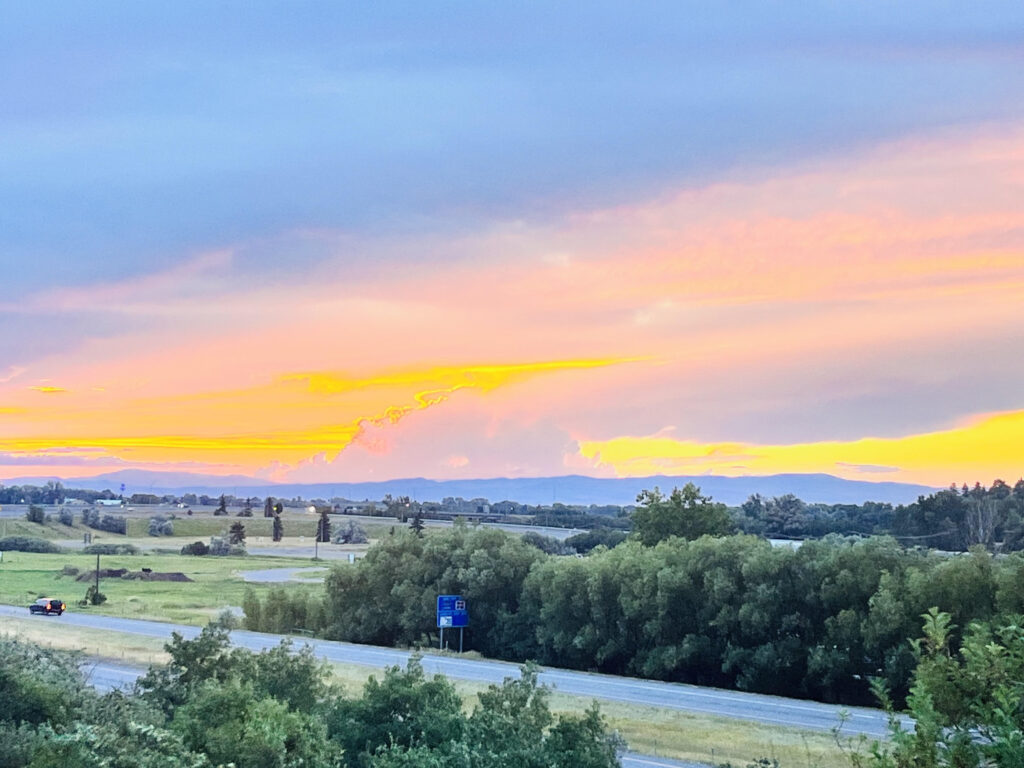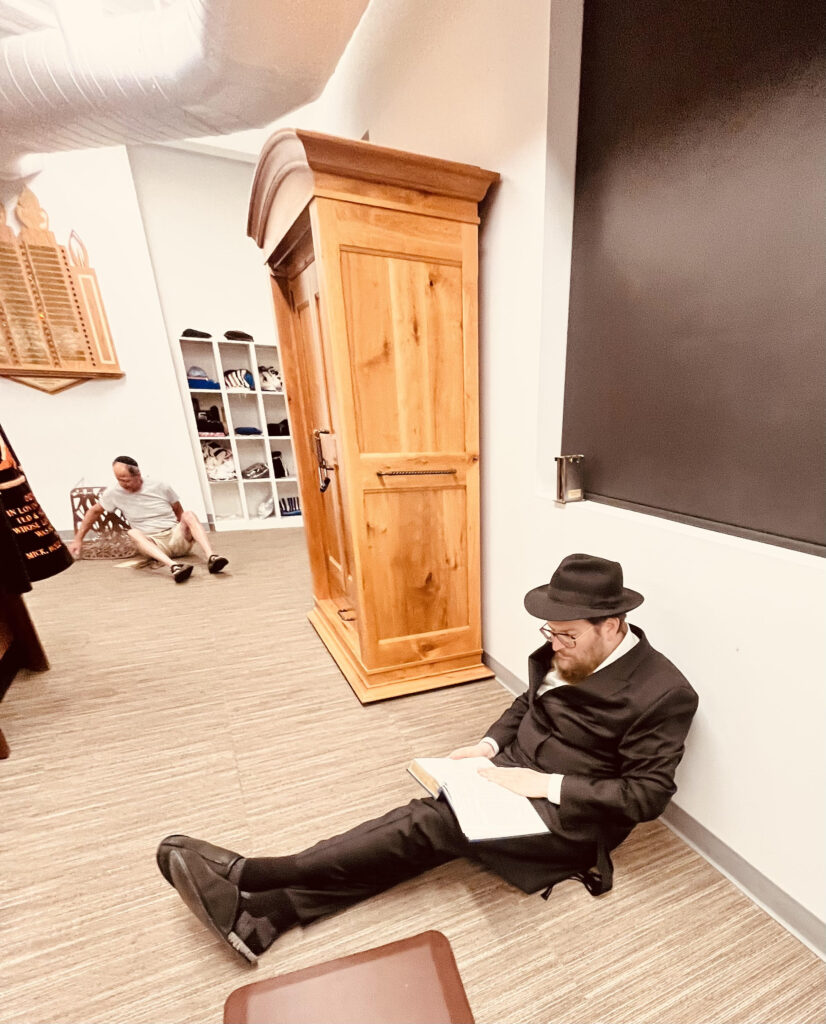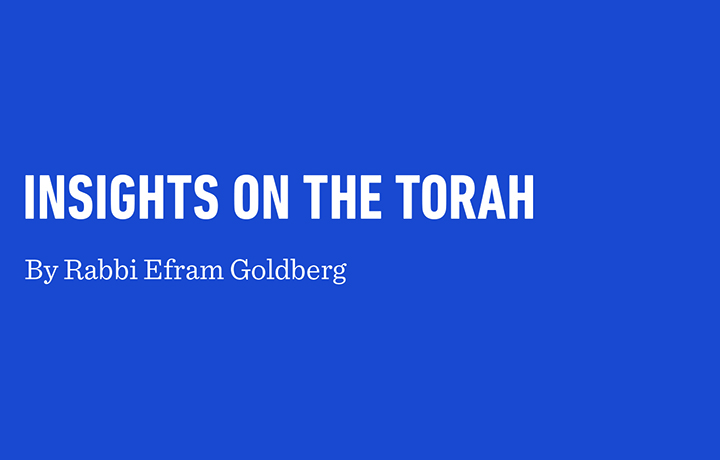Musings Of A Shliach From Montana


Sunset in Bozeman on the 6th of Av, activating our love for Hashem
I don’t like turbulence. Actually, it freaks me out.
It’s hard to explain, I don’t know why it’s so extreme, but for someone who lives in Montana and has to fly more than most, this kind of fear is palpable. I wasn’t always like this. As a yeshiva student I had no qualms if the plane few upside-down, but since I got married, it messes me up big time.
Recently, I wrote about a flight that was very turbulent for ninety minutes straight from Bismarck, North Dakota to Livingston, Montana, just 25 miles east of Bozeman. It was rough and I shared my feelings about it. In response, a Facebook friend of mine named Steve, who was on that infamous El Al flight that landed in Billings, Montana back in 2015 (which Chavie catered), wrote this comment “Rabbi, with all due respect, for a religious Jew, you don’t seem to have enough faith in G-d that He will deliver the plane safely to its destination. Speaking of faith, once I was on an AA 737 from Chicago to NYC. The plane was filled with smoke and people were screaming, thinking the plane would crash. I wasn’t one of the screamers, as I’ve always believed that G-d knew what He was doing (with the exceptions of the 2 destroyed temples and the Holocaust). Getting back to faith, there was a convention of nuns on that flight. They believed in their faith, and calmed everyone down. I believe a plane filled with smoke is worse than turbulence (which I too don’t like). However, FULL faith always gets one through the turbulence—both in life as well as in the air. Not meant as a rip on you, just my beliefs.”
Steve isn’t wrong. I work on my bitachon, my trust in Hashem, all the time, but certain things are triggers and induce my stress and anxiety. It’s not that there aren’t hardships that I handle with grace and a deep recognition of Divine Providence, it’s just something about being tossed around at 35,000 feet that rocks my boat. I speak to Hashem about this all the time, I try various meditations mid-flight, I work it internally as much as possible, but it doesn’t always work.
In the Alter Rebbe’s Siddur, Tehillat Hashem, it says while wrapping ourselves in our tallis each morning, after making the berachah, we say, “Mah Yakar Chasdecha,” which is from Psalm 36, which translates to “How precious is Your Kindness, O G-d, and the sons of man will take refuge in the shadow of Your wings. They will be sated from the fat of Your house, and with the stream of Your delights You give them to drink. For with You is the source of life; in Your light we will see light. Extend Your kindness to those who know You, and Your charity to the upright of heart.”
Lately, when I wrap myself in my tallis, I try to pause and allow myself to feel Hashem’s hug, His embrace, and His special protection with His protective shade, as if I’m taking refuge under His wings. It’s like everything else fades away and it’s just “The King and I.” I can’t explain it or why it took nineteen years of wearing a tallis to feel this way, but it feels really good and encouraging. When the world feels so chaotic and my own inner anxieties take hold, the hug from Above and the reminder of His love feels warm and fuzzy for me on the inside.
In our parashah, V’etchanan, we read: “For what great nation is there that has a g-d as near to it as our G-d is to us whenever we call upon Him? The Jerusalem Talmud on Berachos says about this verse: Rebbi Simeon bar Lakish said: a person of flesh and blood has a relative, if he is rich, he acknowledges him, but if he is poor, he disavows him. But the Holy One, praise to Him, is not like this; even if Israel is in deepest distress, He calls them “Achai V’Rayai,” My brothers and My friends.
Hashem hugs us even when we don’t deserve it.
Similarly, our parashah includes the first portion of Shema. In “V’ahavta” we are commanded to love Hashem with all our heart, with all our soul, and with all our might. The emphasis isn’t on Hashem’s love for us, which is mentioned so many times in Tanach, but focused on our role in loving Him. It’s meant to be meditative, guiding us to contemplate on all that Hashem does for us, His Omnipotence, Omniscience, and Omnipresence, and how everything He does is perfect. It asks us to spend time thinking about all the reasons we must love Hashem and express our gratitude to Him.
It’s not about us for a change; it’s about Him.
One of my study partners, my chavrusa, mentioned last week that he can’t stand Tishah B’Av; it’s his worst day on the Jewish calendar. I decided to give him some perspective, so I told him that I really liked Eichah, the reading of Lamentations. He looked bewildered on the Zoom, so I explained: All year long, 364 days each year, we are focused on our misery, our suffering, our struggles, telling Hashem what we need from Him. Yet, one day each year, Tishah B’Av, we pay attention to G-d’s perspective. We read and internalize what the Churban looks like from Hashem’s viewpoint. How much He is suffering, how much He is struggling with all that He has to do to keep His children in shape. We reflect on His pain and how hard this galus is for him. He appreciated the idea. It’s gotta be a two-way street, of giving and receiving love.
I love the somber tune of Eichah; I appreciate its relevance. I celebrate our plea when asking Hashem to “return us to Him and we will return, renew our days as of old.” We don’t give up, we don’t surrender, we don’t bury our heads in the sand, we just plow forward brightening and brightening and brightening more until we bring Mashiach. Tishah B’Av can either depress you or remind you that, despite everything we’ve endured, we’re still here to tell the tale and that is something to be grateful for and celebrate. We cry for our losses and in the process celebrate our wins.
I was reading a 1952 letter from the Rebbe, zt’l dated the 13th of Elul, 5712, and it hit me at my core:
“In response to your letter in which you write that you can’t handle the pain and misery anymore, I am pretty shocked by your words. Have you forgotten in such a short time what your situation was just one year ago…with your general condition, your health, etc.? Even though we are a “nation of kings” and can always demand more of Hashem that He can always do better for us, how can we forget the miracles and wonders He has already done for us and continues to do…”
Man, I needed to hear that. It’s easy to kvetch about what isn’t working out, but the novelty of being a Jew is to always find reasons to celebrate the good, the berachos, the light that has already come our way.
On Tishah B’Av, I asked people in my circles to support Rabbi Yossi Wolff and his family in Kherson, Ukraine. He’s an old family friend and, despite Kherson being smack in the middle of the Russia-Ukraine War, he has stayed in his city to serve his community. While chatting with Yossi on the phone last week, his voice was filled with gratitude to Hashem for the miracle he recently experienced.
He was traveling back to Kherson with his wife Chaya and their nineteen-year-old daughter when a Russian suicide drone hit their car directly and left them unscathed. It started when they were about a kilometer and a half from a checkpoint at the approach to the city when Yossi observed a deadly drone hovering overhead. A few seconds later, there was an explosion and miraculously, all the passengers were unharmed.
Yossi told me that the regional governor reached out to him and said, “Thank G-d you have an armored vehicle.” But they didn’t have an armored vehicle. It was an ordinary vehicle, and the miracle of protection and survival came directly from Hashem.
Gratitude = love. Life doesn’t need to be “perfect” for us to find opportunities for gratefulness. n
Rabbi Chaim Bruk is co-CEO of Chabad Lubavitch of Montana and spiritual leader of The Shul of Bozeman. For comments or to partner in our holy work, e-mail [email protected] or visit JewishMontana.com/Donate.














